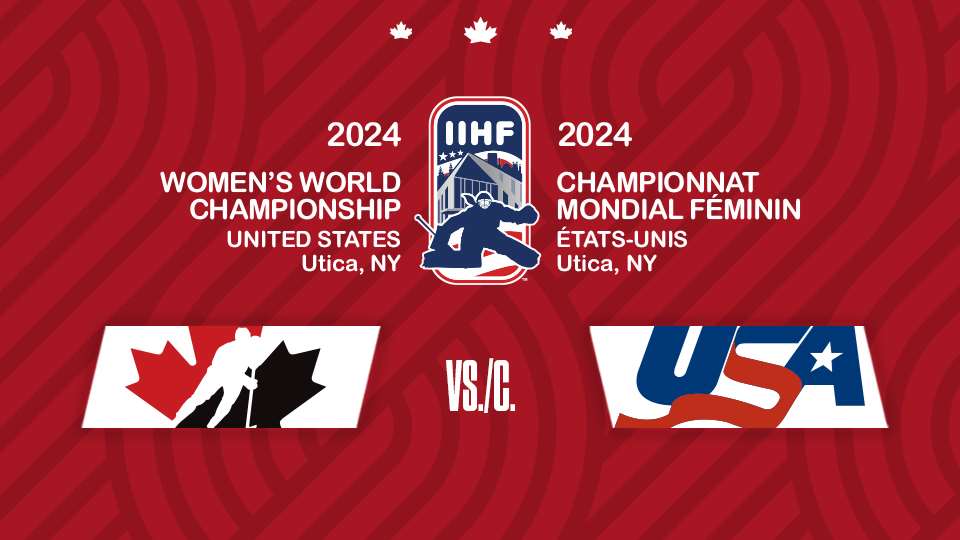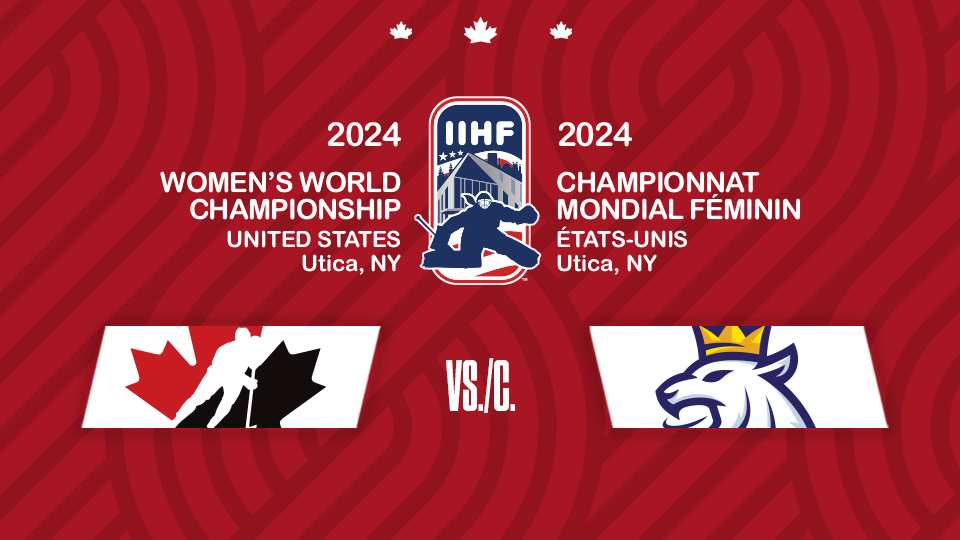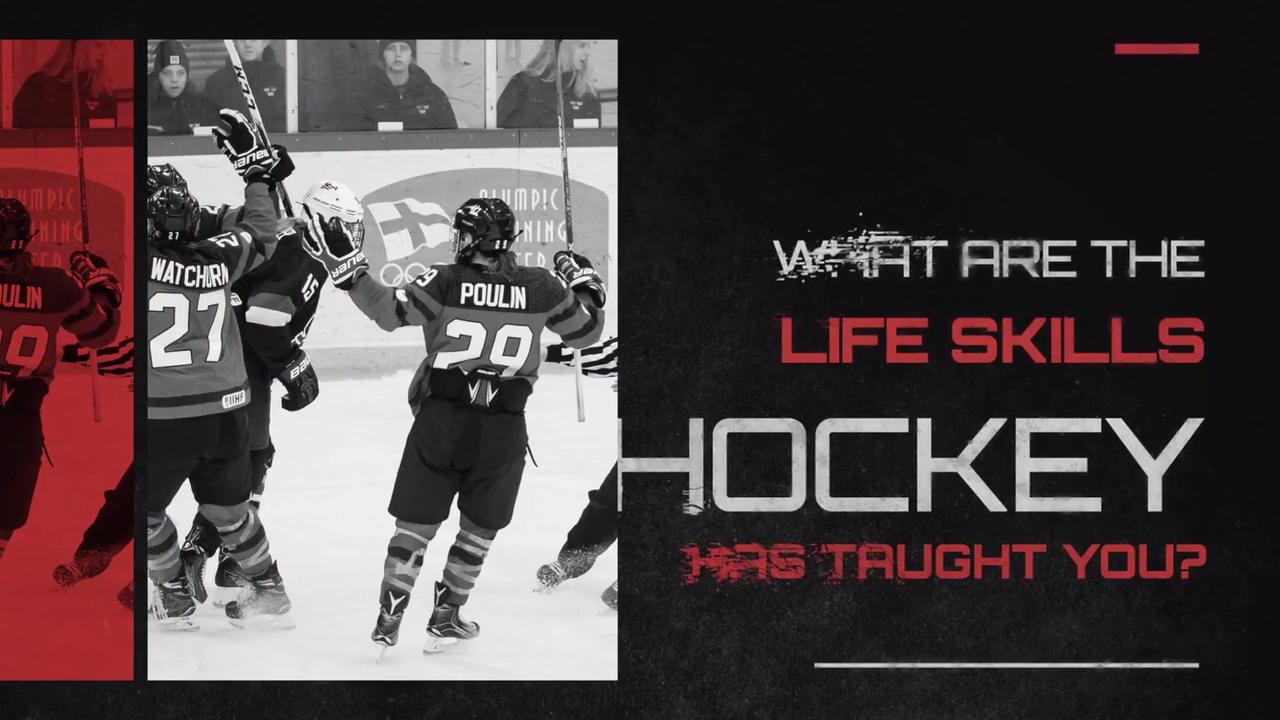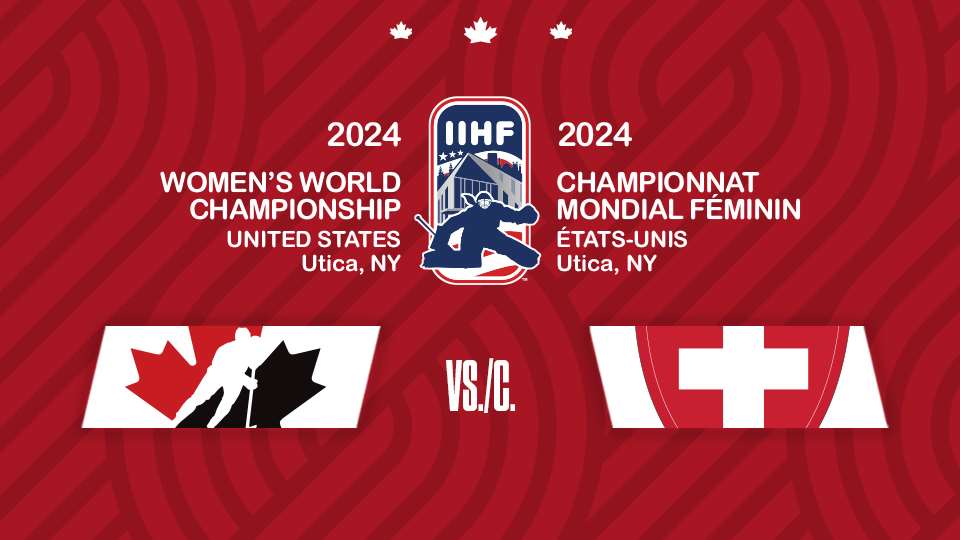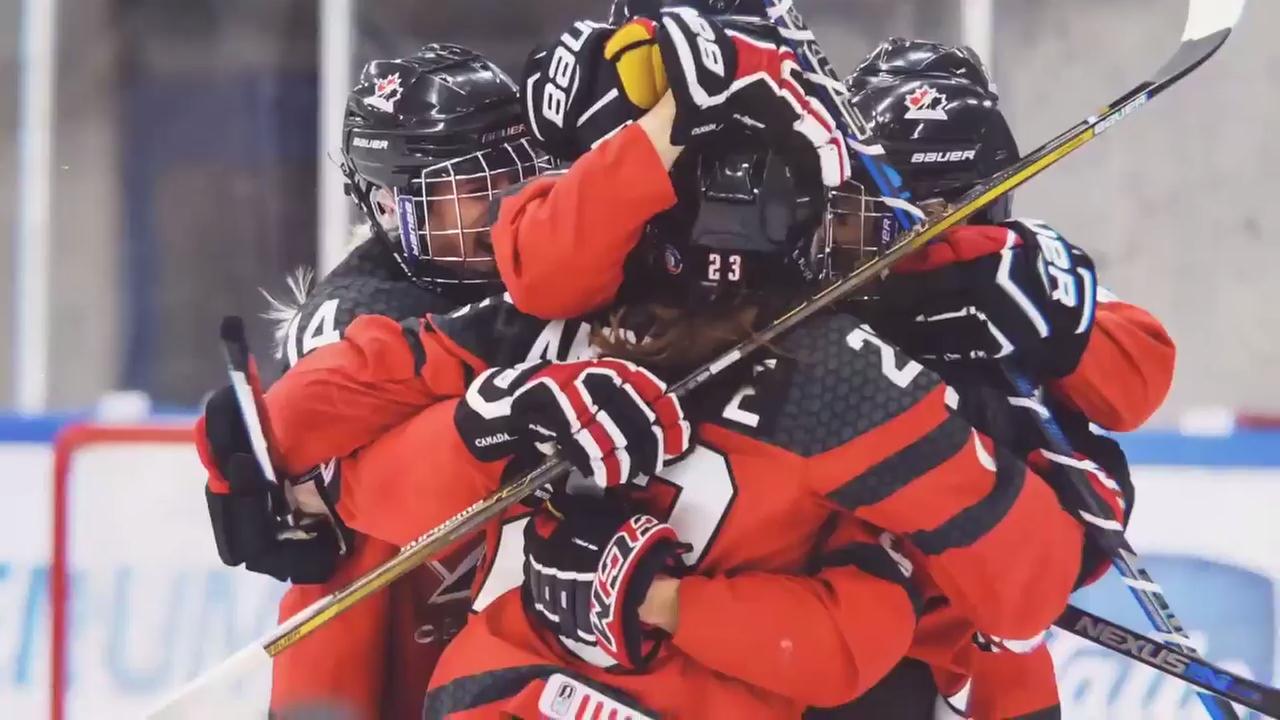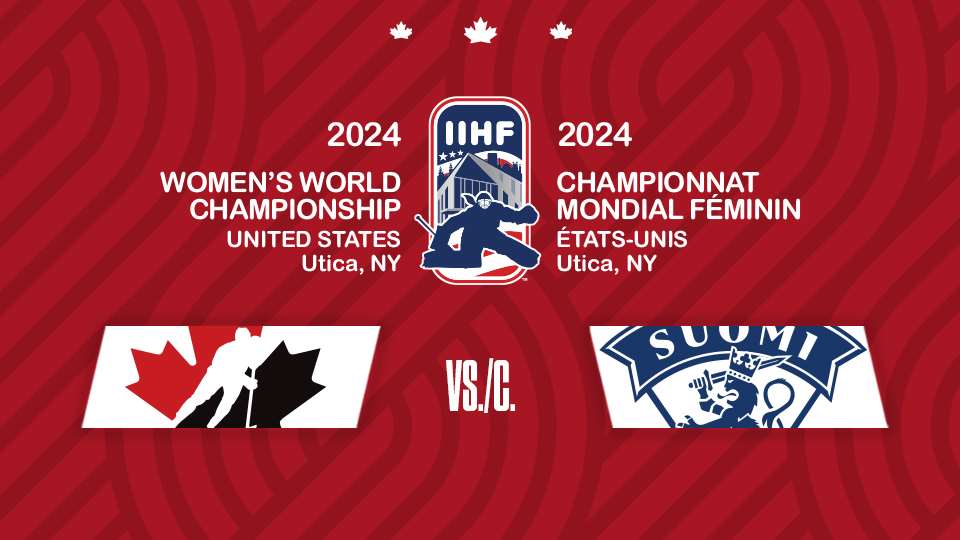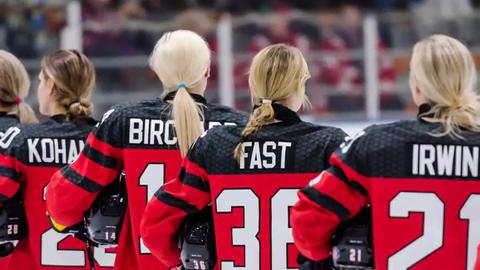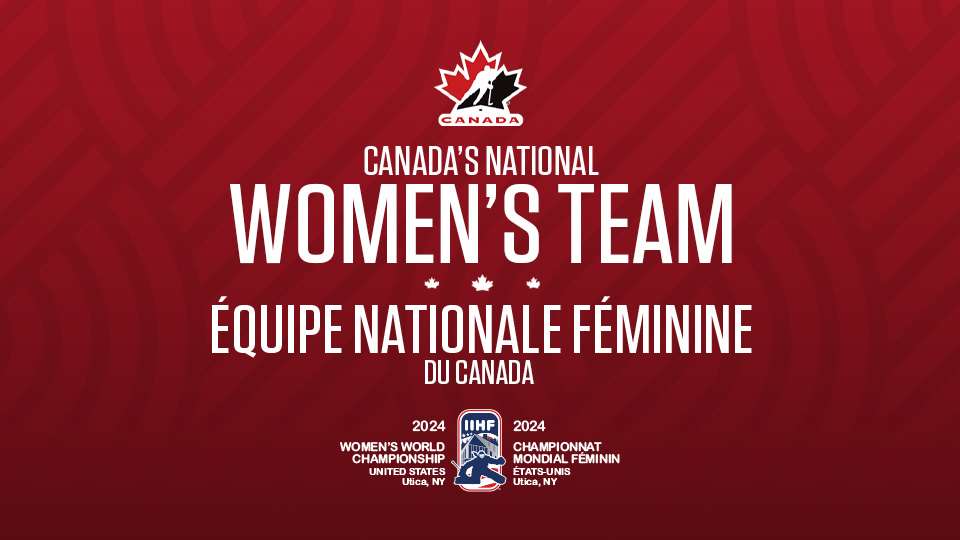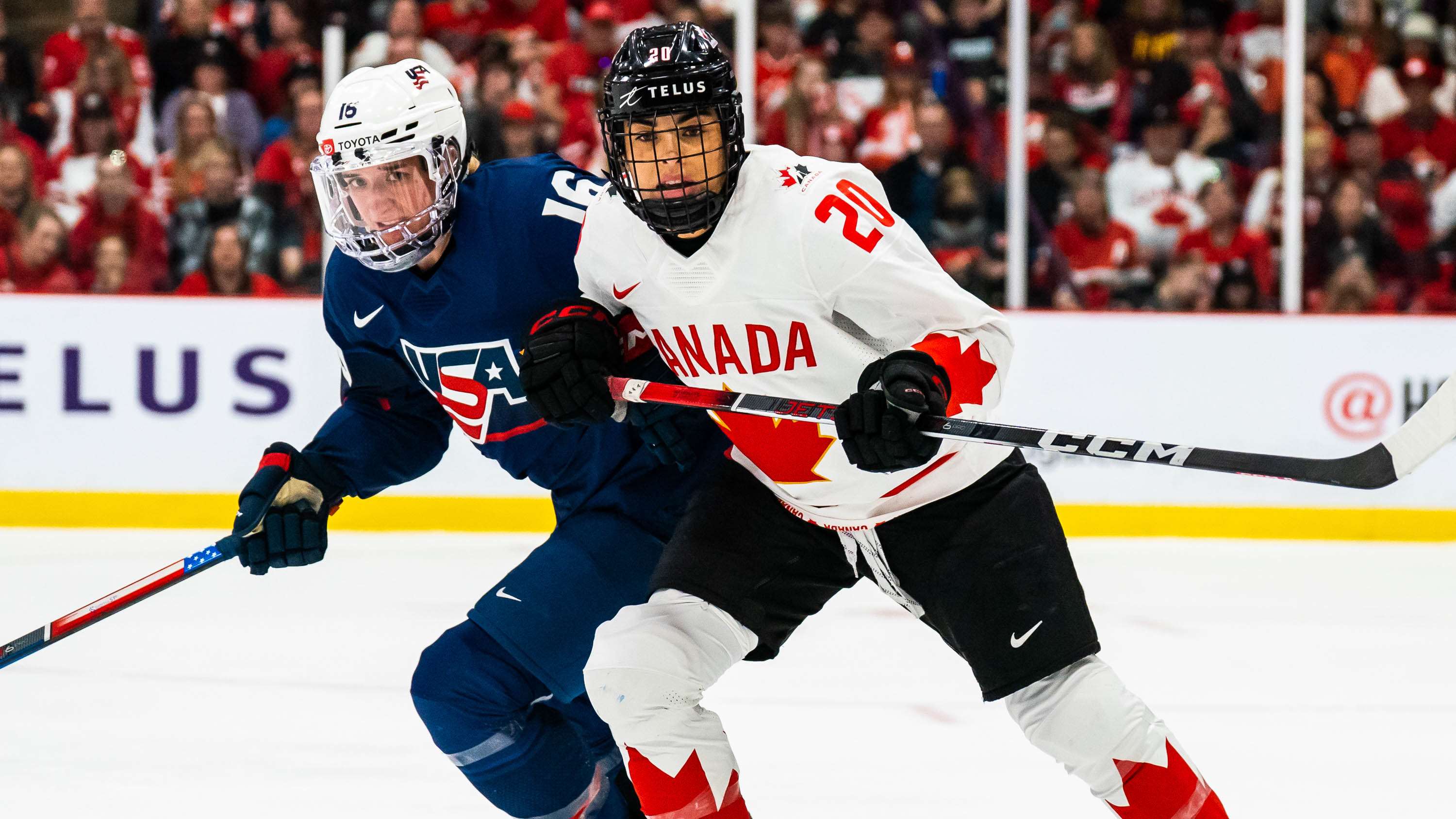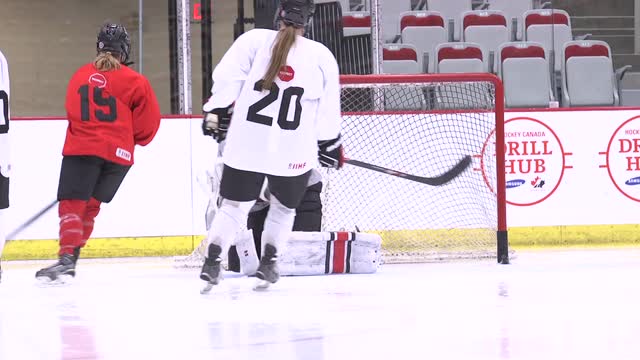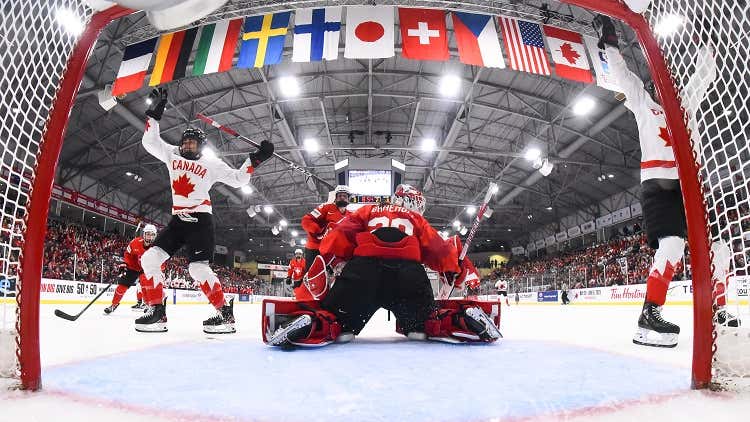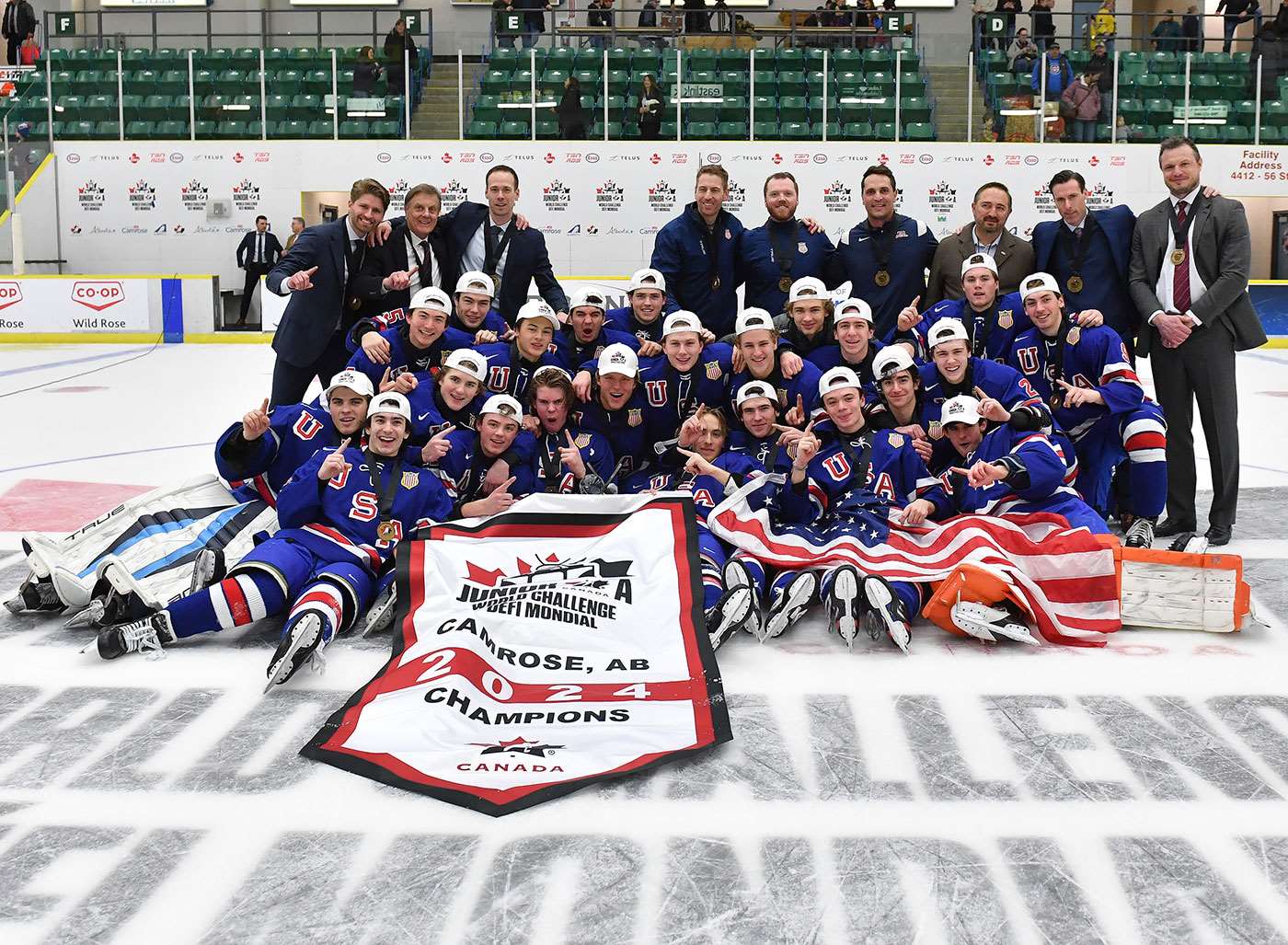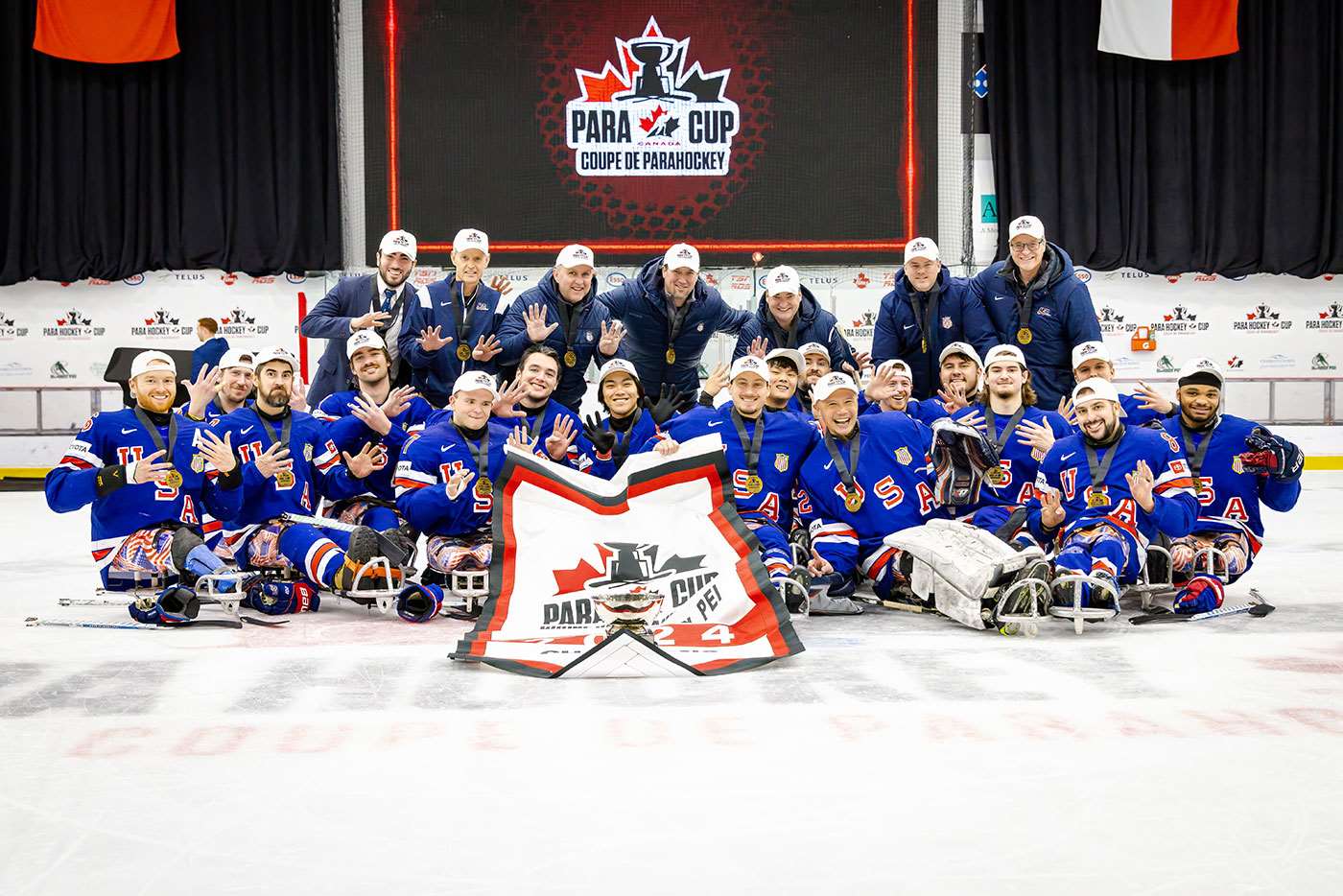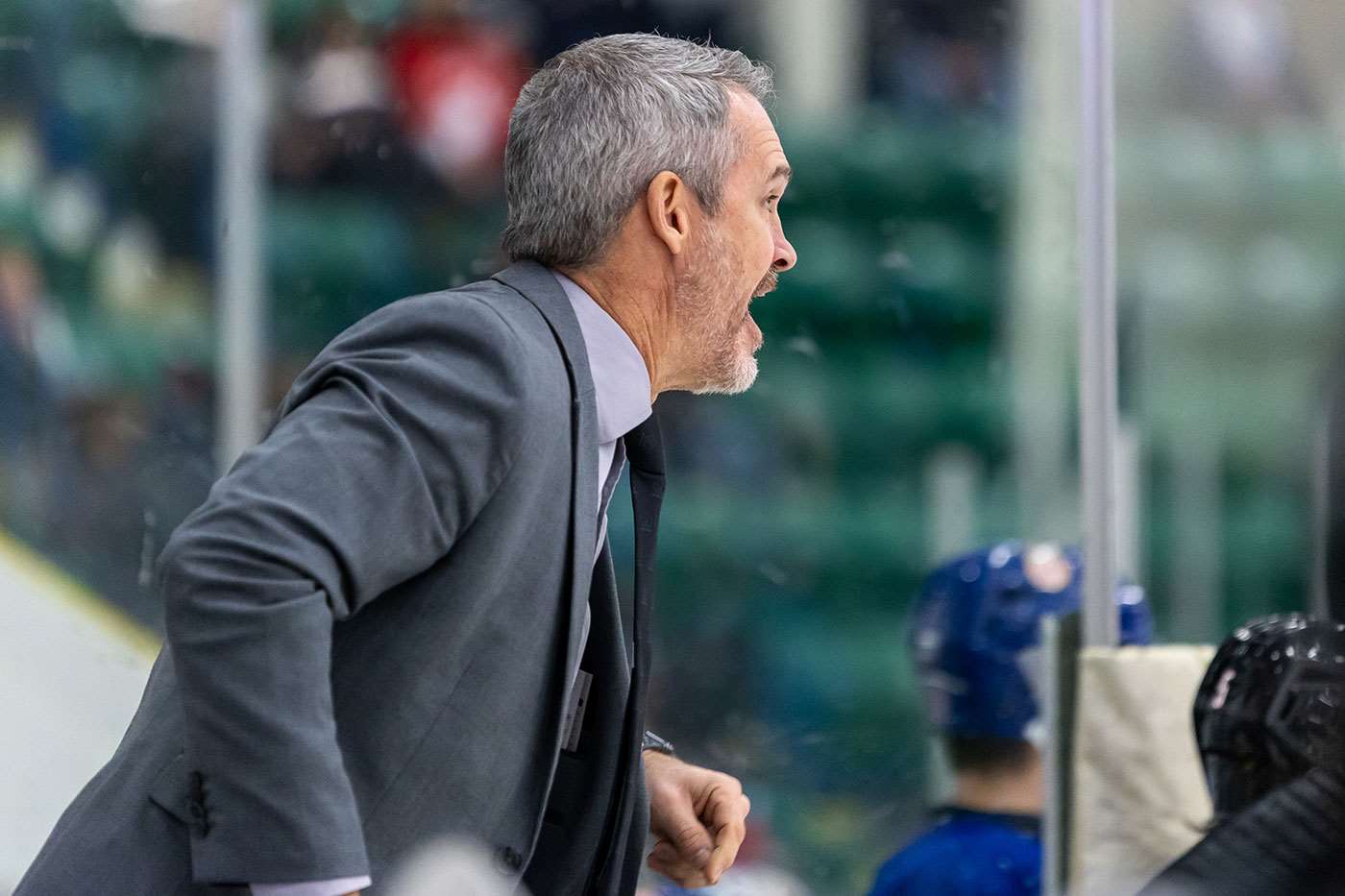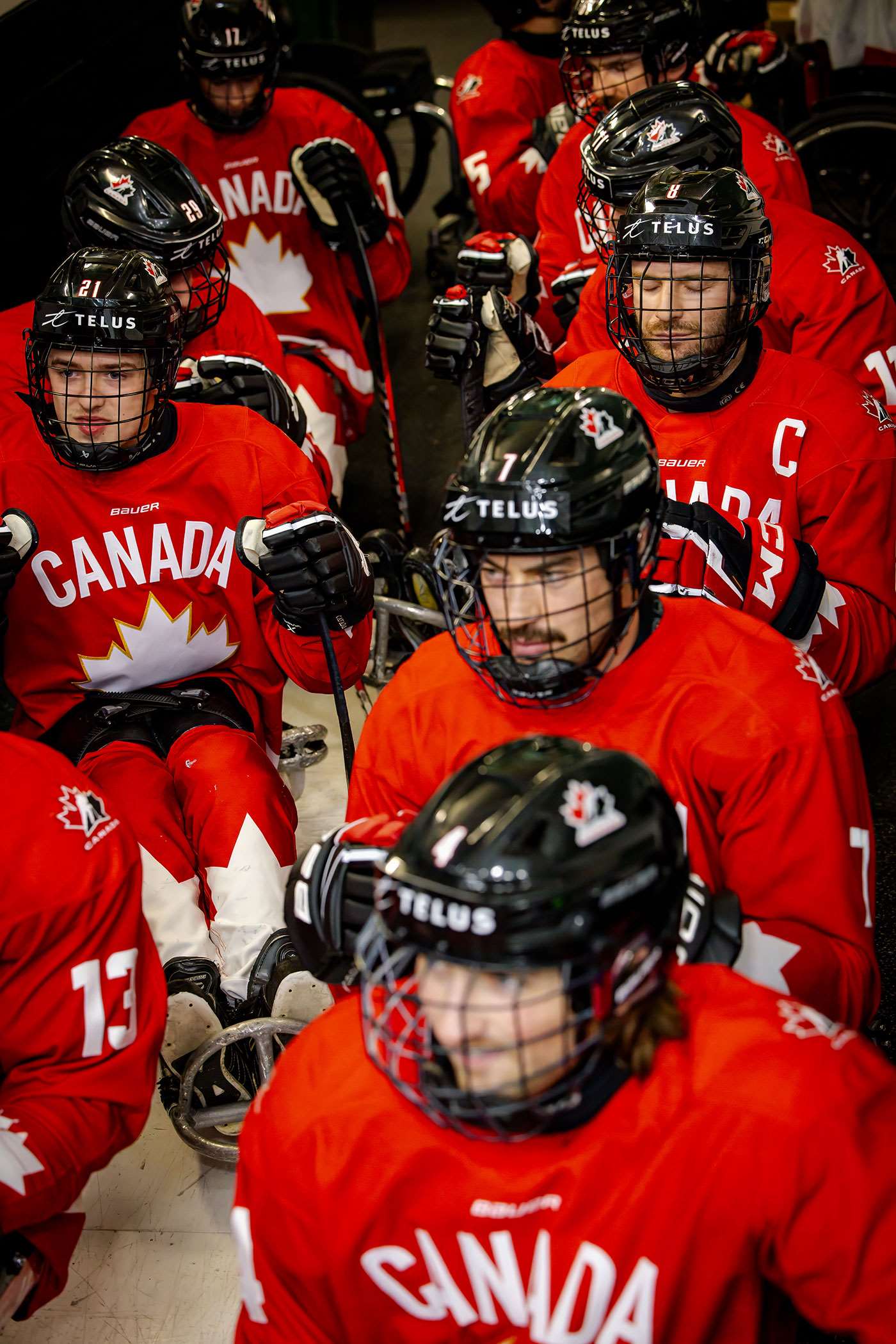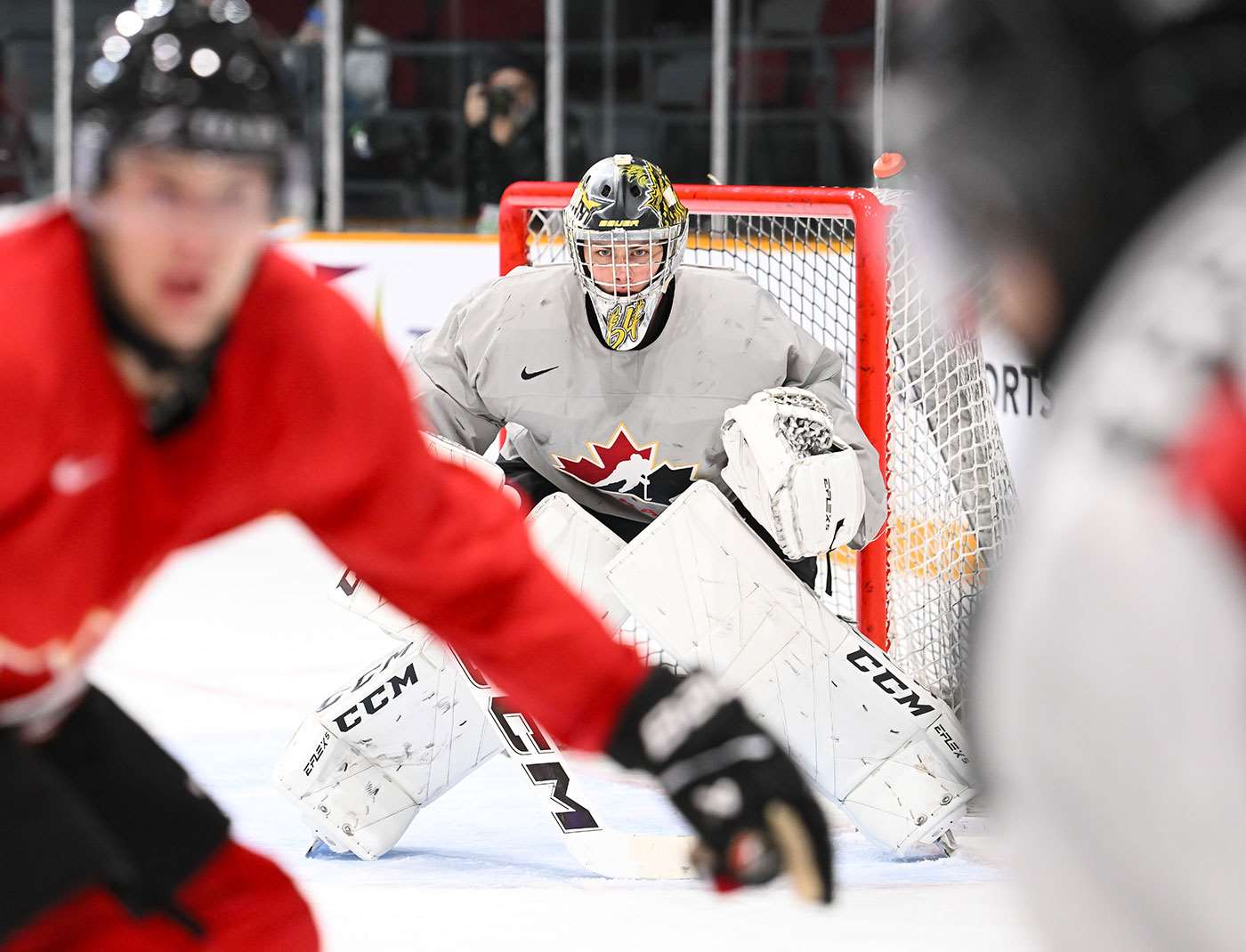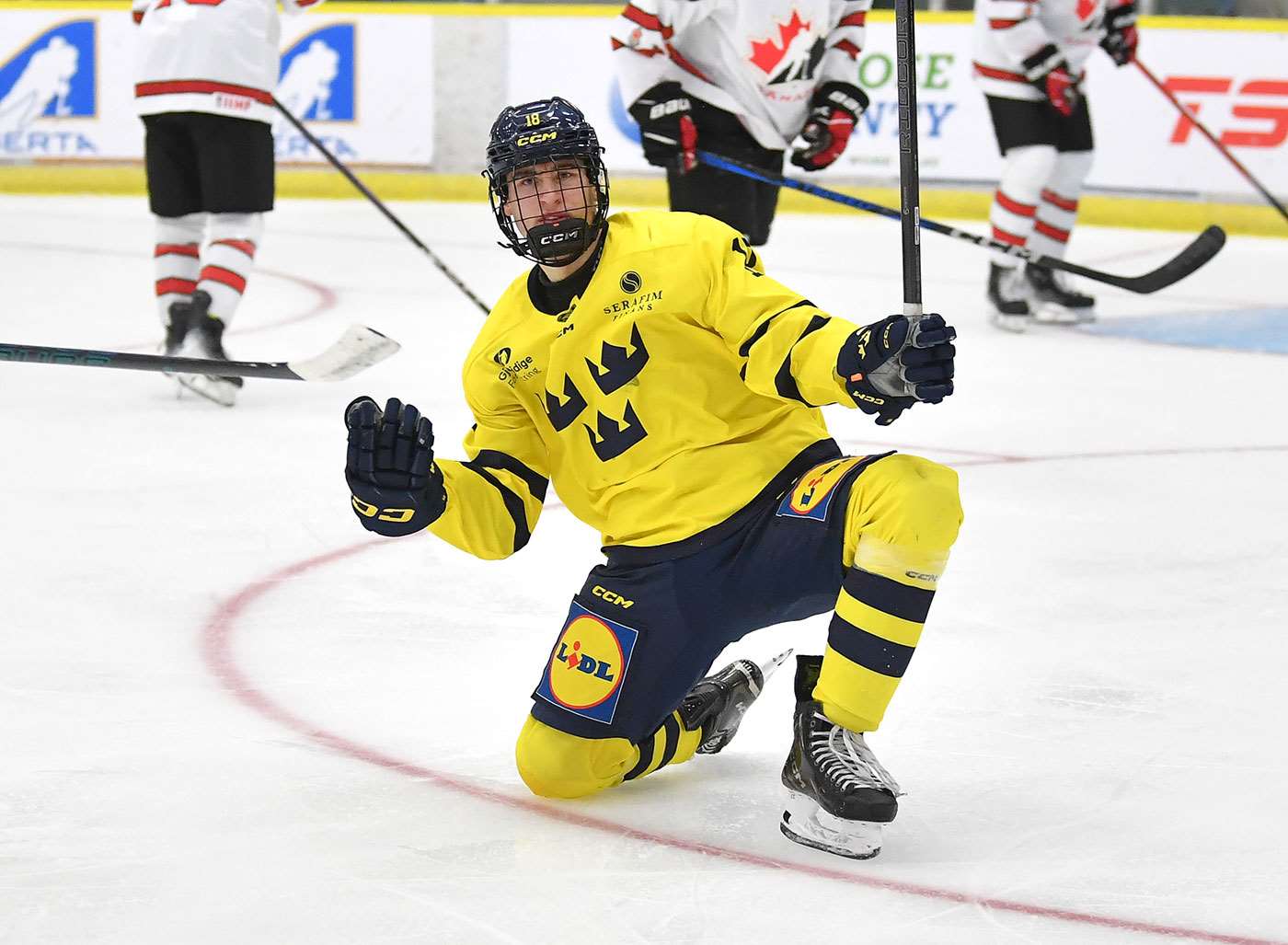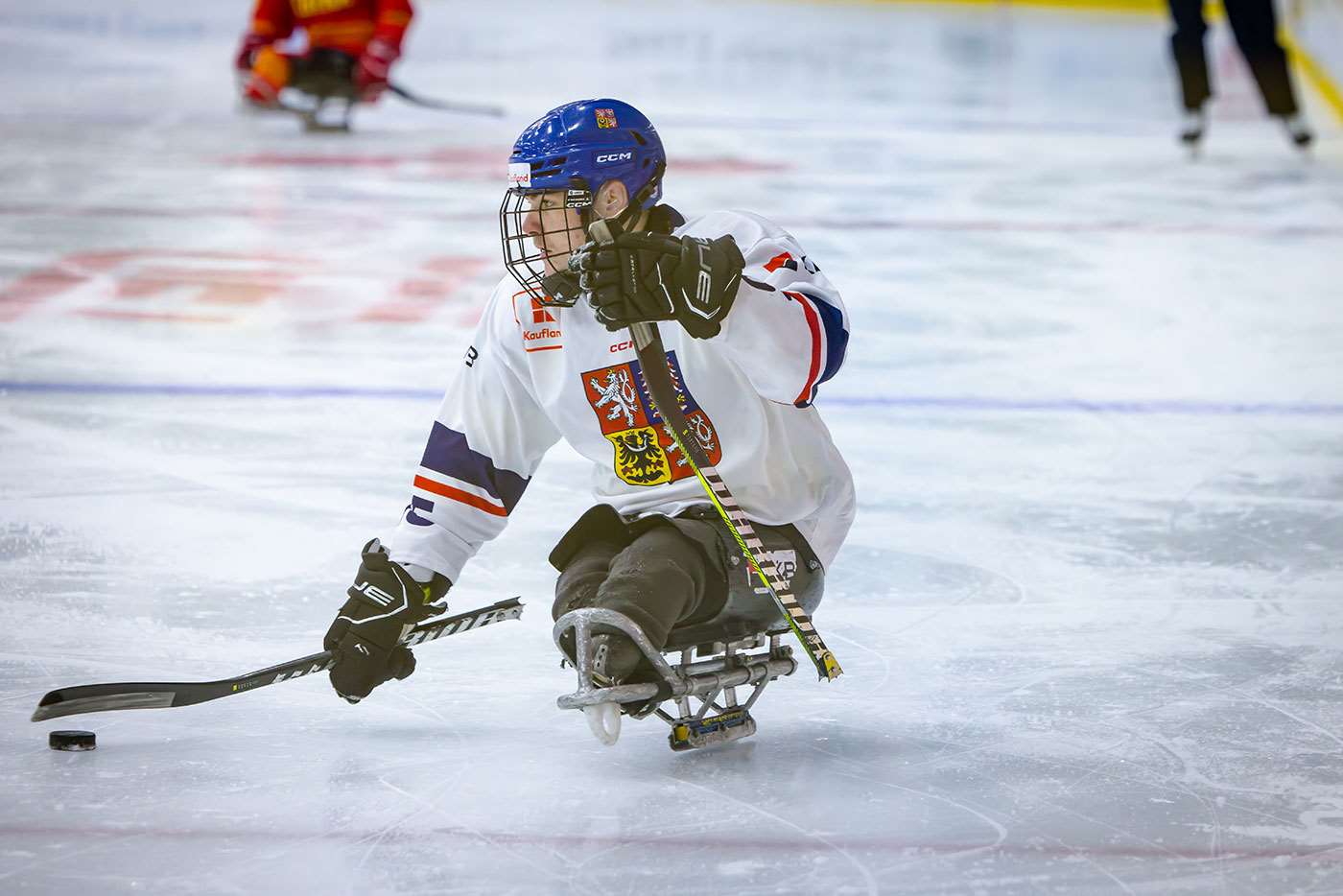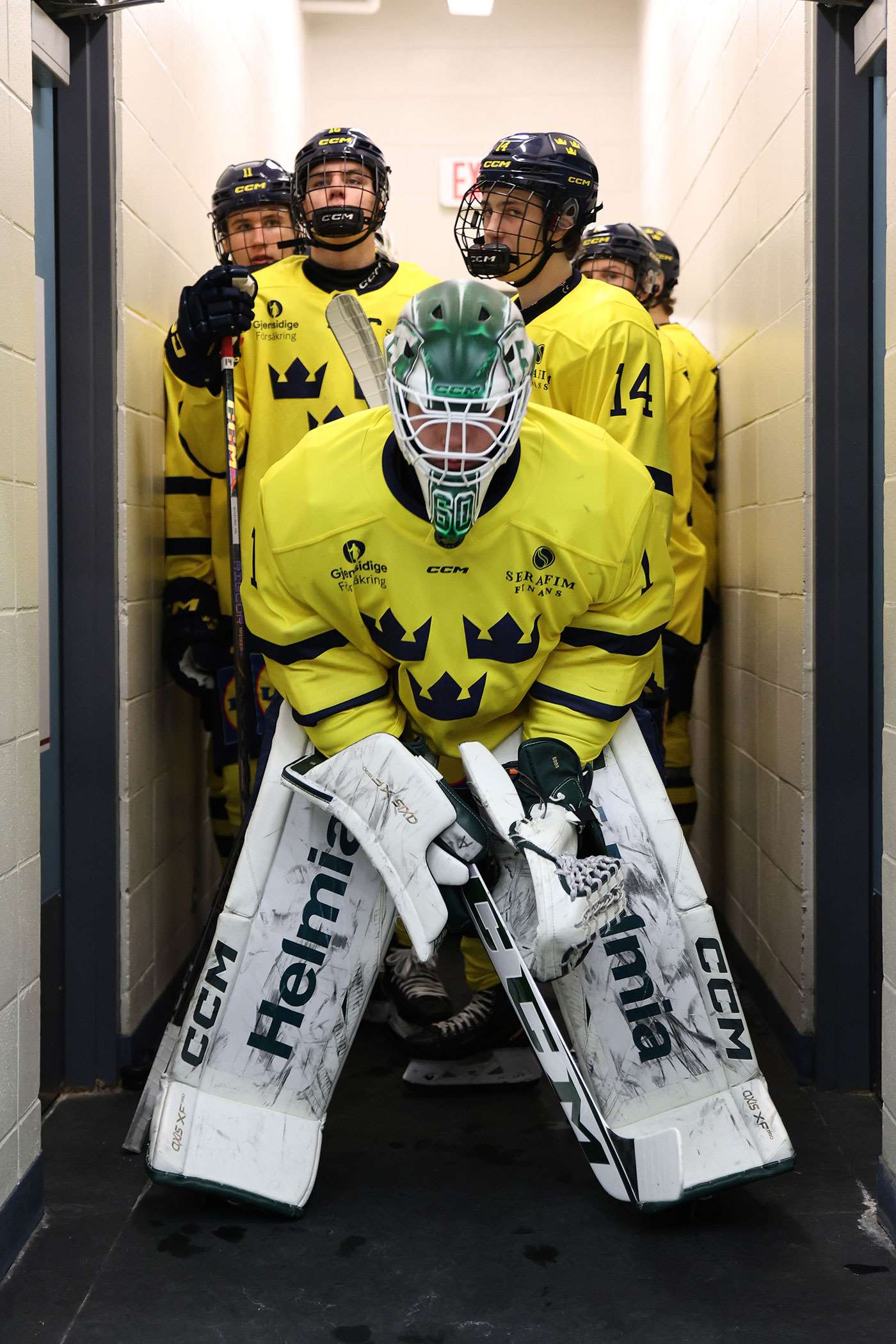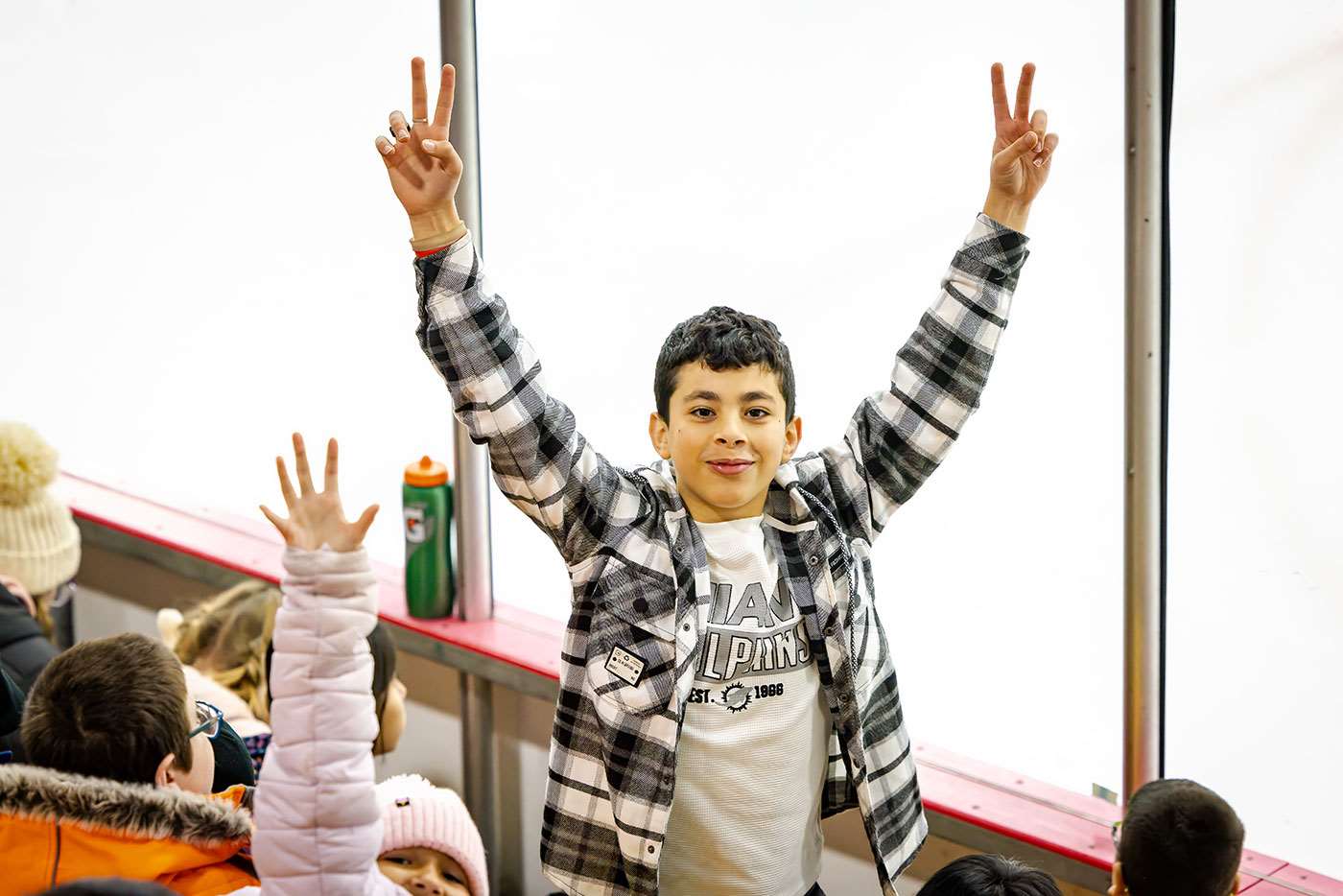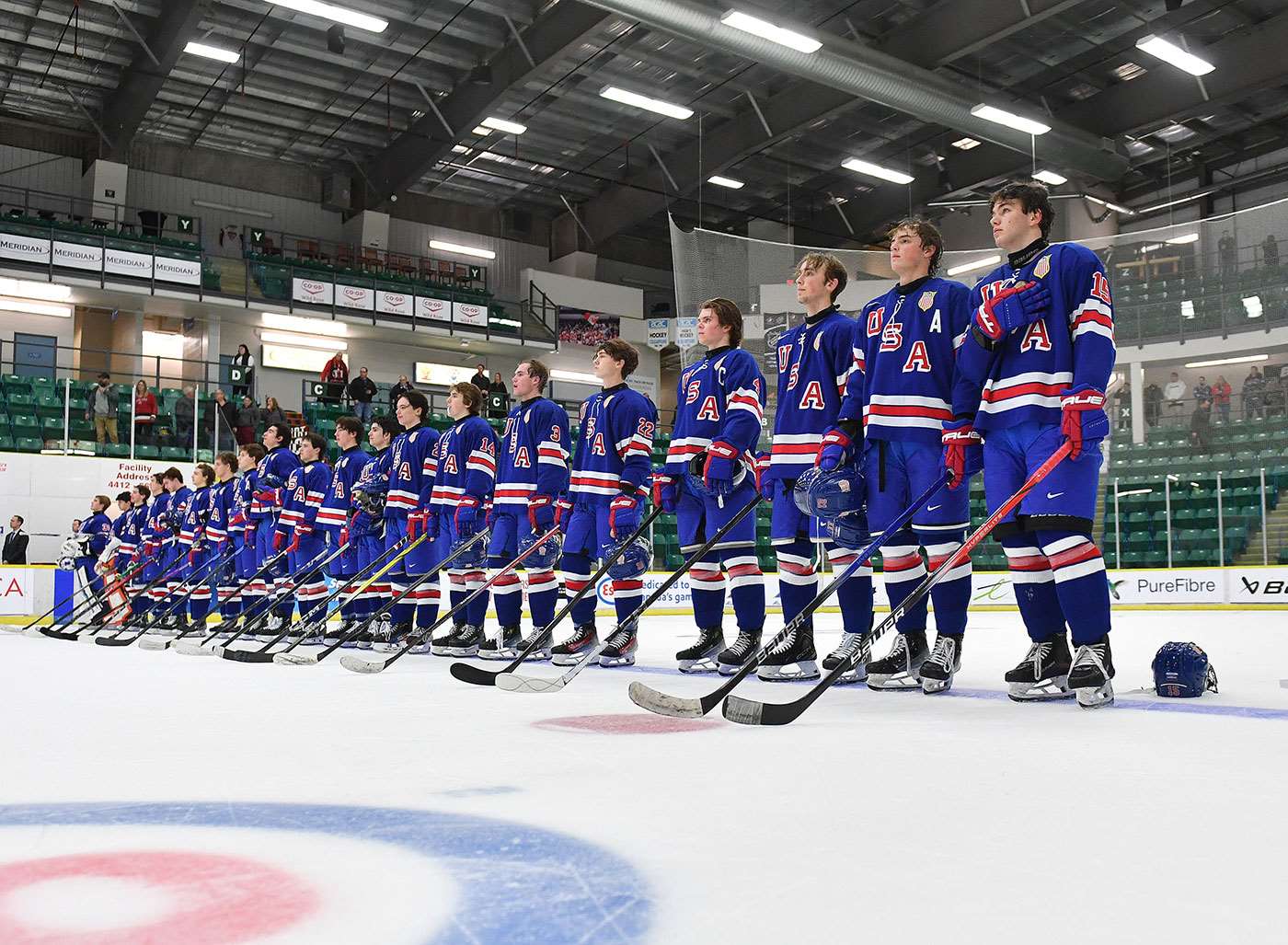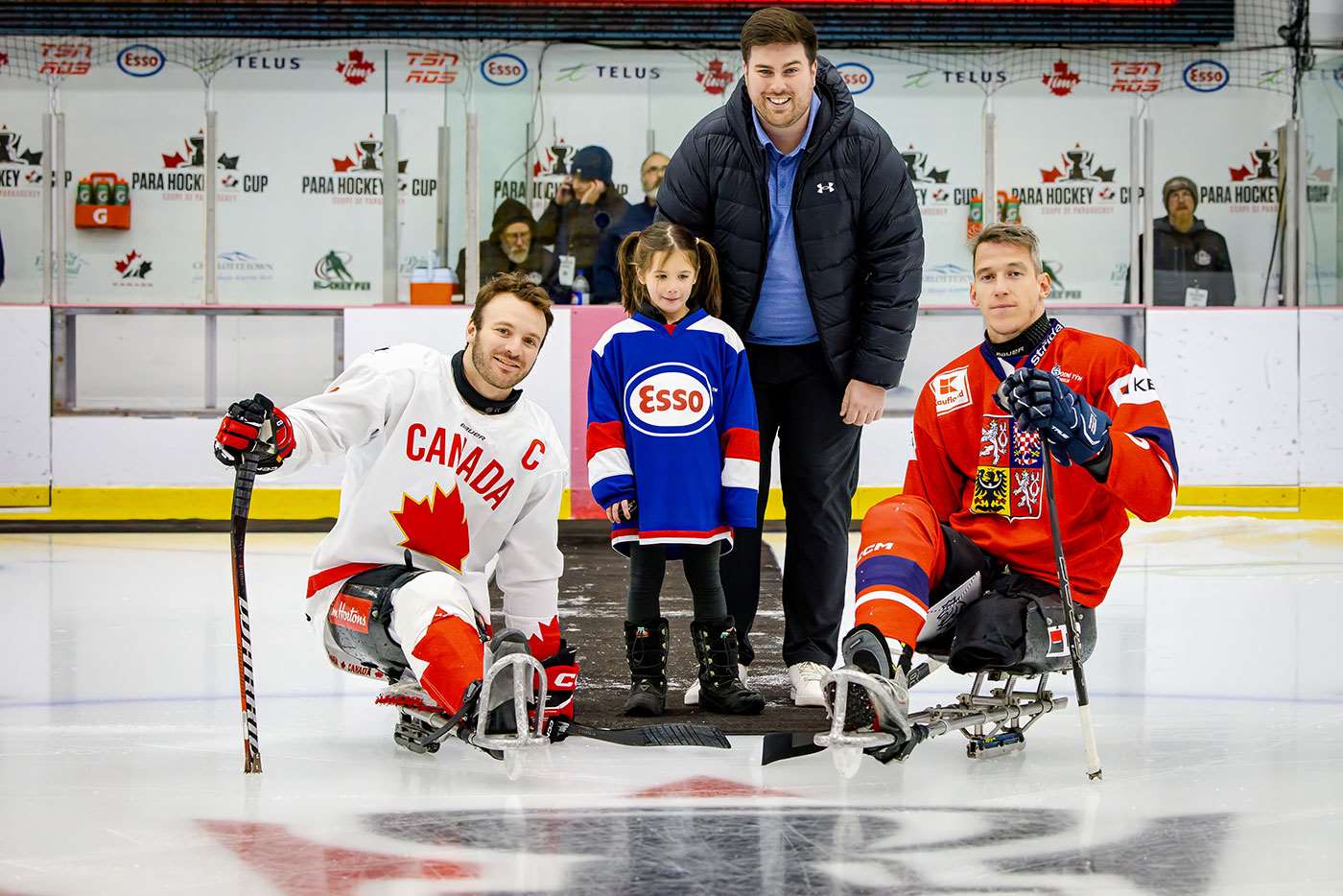
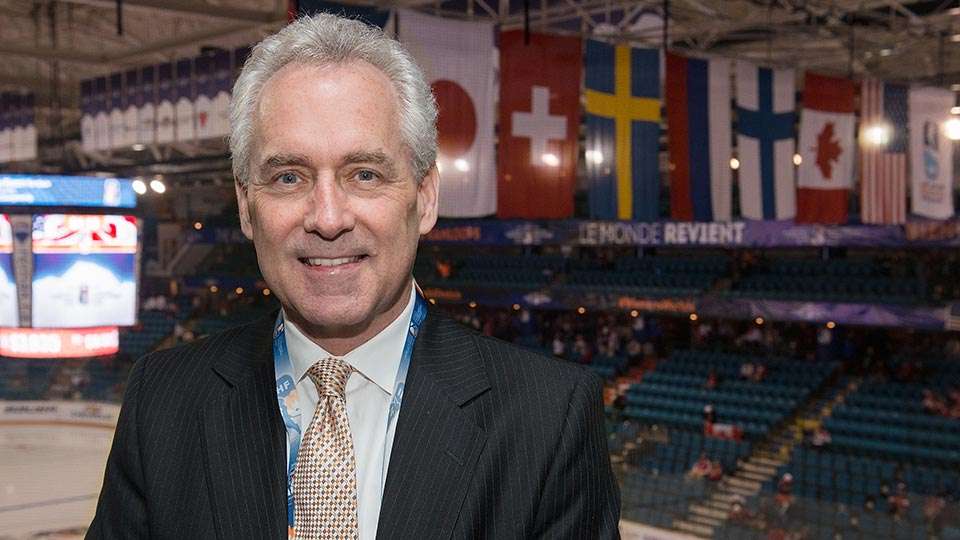
Renney returns to his roots
The Hockey Canada president and CEO talks Kamloops, women’s hockey, and the IIHF Women’s World Championship

For Tom Renney, the 2016 IIHF Women’s World Championship is a homecoming.
The president and CEO of Hockey Canada got his coaching start with the WHL’s Kamloops Blazers, winning the WHL championship and Memorial Cup in 1992 before embarking on a career that included four stops in the NHL, and a stint behind the Team Canada bench at the 1994 Olympic Winter Games.
With Renney back in Canada’s Tournament Capital for women’s worlds, HockeyCanada.ca sat down with the man in charge to talk about Kamloops, the tournament, and the continued growth of women’s hockey.
HC.ca: How have you enjoyed the 2016 IIHF Women’s World Championship?
TR: It’s been exceptional, and I think that’s a testament to the volunteers, which is typical of these events, and how hard everyone works, giving of their time and effort, and often times their ability. And, of course, our [Hockey Canada] staff have been exceptional; everyone had worked so hard to pull this off, and when you walk around town, not that it’s over yet, but it looks like it is mission accomplished.
HC.ca: Why has this world championship been a success in Kamloops?
TR: I think it draws in from other communities, and it becomes a regional event. Everyone has an opportunity to access tickets, and be here and enjoy the community, and obviously enjoy the venue, which is exceptional, so that’s certainly helpful, and then when you have a community like Kamloops that is so involved with tournaments of any kind, this is right in their wheelhouse. There is a certain buzz, a certain feel, a certain synergy that is contagious, and you really identify with that when you walk into the community.
HC.ca: How important was it to reach outside of Kamloops, particularly with the development activities that Hockey Canada and B.C. Hockey ran earlier in the week?
TR: You alluded to B.C. Hockey, and we’re not doing it without them. This is as much their event as it is anyone else’s, whether we’re in Kamloops or those other communities (Kelowna, Vernon, Salmon Arm, and 100 Mile House). The bottom line is that we don’t do that without a great, great partner in one of our members, and that’s B.C. Hockey. It really does help grow the game. There are a lot of young people in the stands watching these games, same thing on television through TSN, identifying with this competition anyway they possibly can, and to be able to take it to the ancillary communities so they can enjoy it too, it’s paramount, because that’s what grows the game.
HC.ca: Could this tournament inspire more mid-sized communities to host international events?
TC: Absolutely. You look at Dawson Creek and Fort St. John earlier in the year with the World Under-17 Hockey Challenge, here we are in Kamloops for the second time in a little over a year, with the 4 Nations Cup prior to that, and coming in here for the world championship, to a community of 80,000 people, you’re darn right. Communities across the country should look at this and say ‘I think we could do that.’ The volunteers will show up, Hockey Canada, and our ability to pull off the event, will show up, so all I would do is encourage those types of communities to step up and look to host these events, because it’s something special.
HC.ca: You were involved in the women’s program in the late 1990s; how has it grown since then?
TR: It has grown a lot in every aspect. Whenever this tournament is hosted, certainly in Canada, whenever we do anything with the women’s game, it’s big. It’s a big effort by a big staff and a big volunteer contingent, so from that point of view it’s very large. And when you look at the game itself, and you just look at the ability of the women to play this game at the level they are at, and the ability they have has come so far. It was great then, but it’s even better [now]. What I love about our alumni that participated back in the day, they identify with that, which shows a level of humility; they understand the game has improved even beyond where they were, but what they need to recognize is that most of these women are standing on their shoulders.
HC.ca: Hockey Canada brought together four past world championship teams this week. How important are reunions to keep those players part of the Hockey Canada family?
TR: It’s everything. Even back when they were playing, they were reaching out to the communities that they were in, and where they were from, to help the little girls identify with playing hockey, and we want them to continue to pay it forward. We have to pay attention to them, we have to honour them, we have to respect what they’ve done for us, and hope that because of that, they feel the need to pay it forward, and help grow the game on a consistent basis, to the point where we get to celebrate the alumni many, many times over.
HC.ca: Does having the IIHF Women’s World Championship in Kamloops make it more special for you?
TR: It does. I love coming here. I don’t get the opportunity to do that near enough, but it’s great to be able to come back and just walk downtown and bump into people, and walk into the rink and appreciate the fans that are here, and who have always been here. But to be here with the women, under these circumstances, with a world championship, is really, really special. And to be able to identify with that, and in front of that people who identified me with the Blazers and the Memorial Cup, and being able to come back in and lend myself to the image of the women’s game is really important for me. I think it shows personal growth and development, and an evolution in my case, too.
HC.ca: How did Kamloops help shape you, as both a hockey coach, and a person?
TR: In every way imaginable. This is where I really started to coach as a living, to coach with a particular pursuit in mind, wanting to be the best at something, and be the best in Canada. And because of that, [it taught me] the ability to juggle family, to juggle the workload, to juggle time away from the game when you needed to take that break, learning how to do that properly, which my wife would argue I haven’t quite mastered yet. This is a fantastic community, one that I will always savour and cherish, and hope that I get the opportunity to come back many more times.
HC.ca: Why does Kamloops have a special connection with hockey?
TR: It’s Canadiana, there’s no doubt, and I think that when you live in a country such as this, where we get to identify through a particular sport, what we are as a citizenship, I think Kamloops is so typical of that. This is one of many cities across the country that could boast the same thing, but it is special here. It is special here because their teams have done well, it is special here because of a volunteer base that is second to none on a per capita basis. A couple nights ago we had the world championship game between Canada and Russia going on at the same time as the Blazers were playing, and there were over 6,000 people watching hockey in two different venues, men and women, and boy, if that doesn’t speak volumes, I don’t know what does. And on top of that, you had the provincial championships in three different age divisions in minor hockey, all on the same day. Remarkable.
For more information: |


